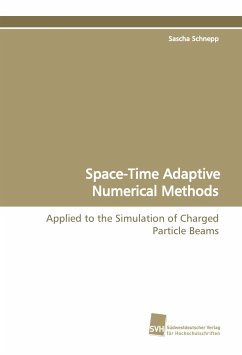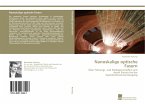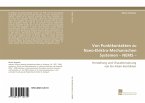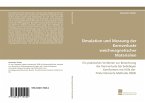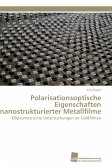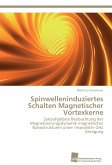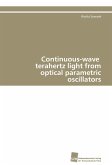This work establishes techniques for adjusting the local spatial resolution of selected numerical methods in a time-adaptive manner. Such techniques are developed within the framework of the Finite Integration Technique (FIT), a hybrid Finite Integration-Finite Volume (FI-FV) Scheme and the Discontinuous Galerkin Method (DGM). While the FIT and the DGM are established methods for the numerical solution of electromagnetic field problems, the FI-FV Scheme is a novel method. The semi-discrete as well as the fully discretized formulations of all considered methods are presented. For both formulations an analysis of the dispersive and dissipative behavior on fixed computational grids is carried out. As a result, asymptotic orders of the dispersion and dissipation errors are established. Techniques for the determination and modification of the discrete electromagnetic field quantities in locally refined regions are presented. The numerical stability of the developed adaptive methods isproven. The developed algorithms are applied to the self-consistent simulation of charged particle dynamics and electrodynamics.

